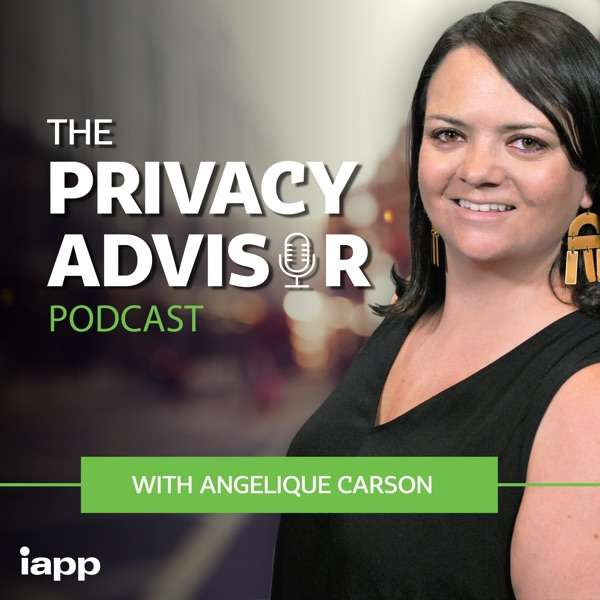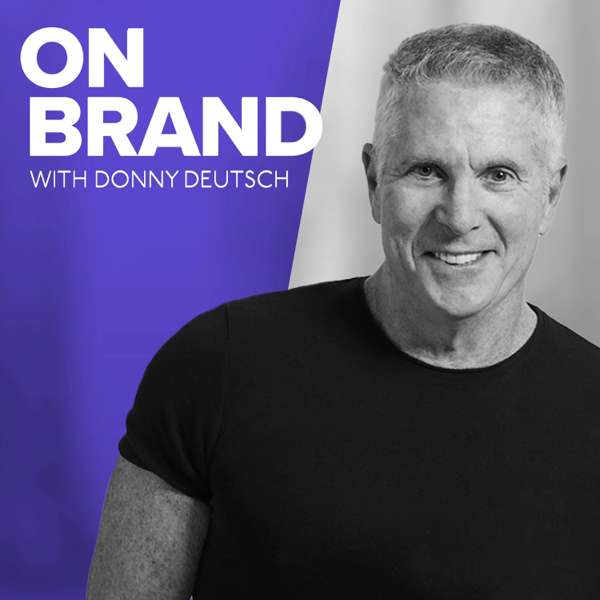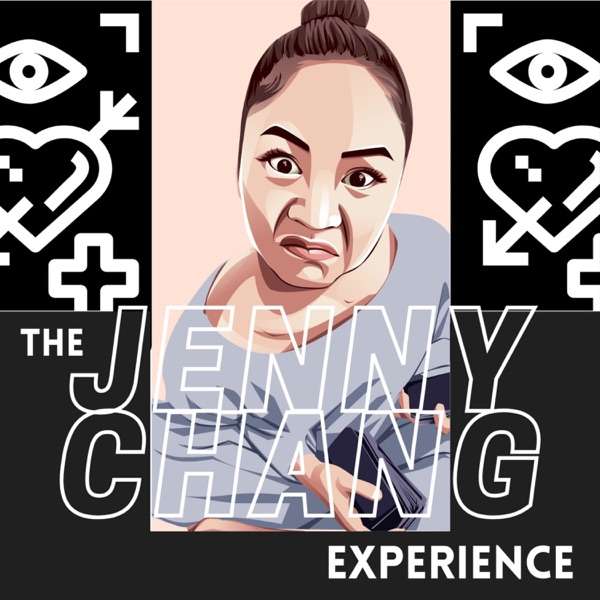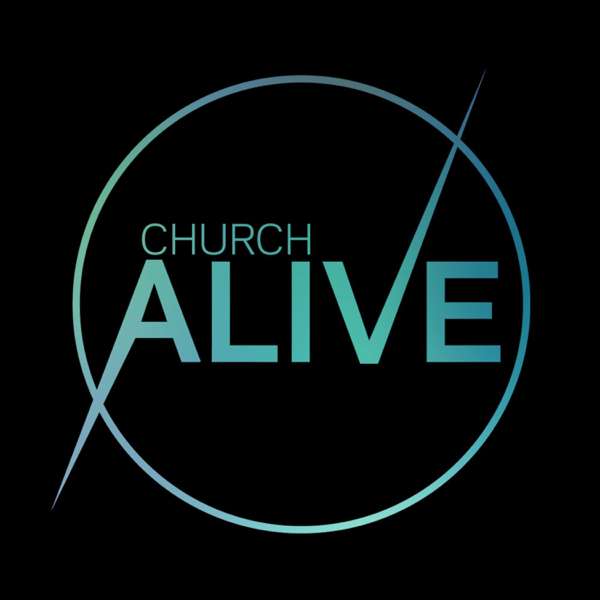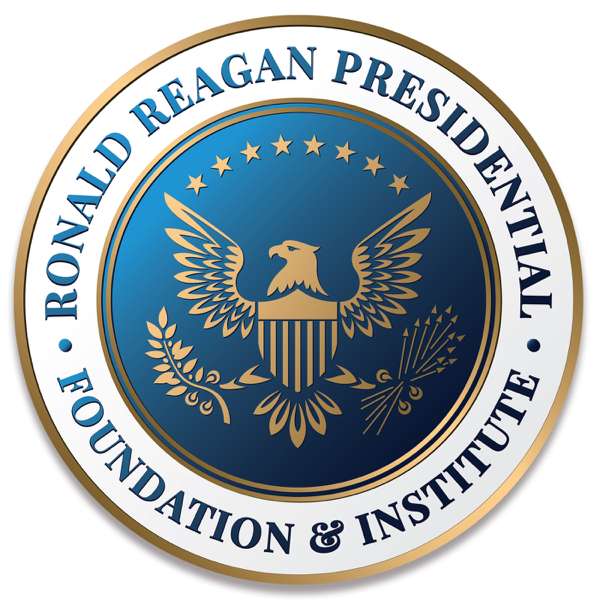Topher Wilkins is our guest to discuss Convening for Change in this episode of the Nonprofit Leaders Network podcast.
For over a decade, Topher has been convening and connecting people for the purposes of social change - first, with co-founding the Highland City Club, a membership community of 300 change-makers in Boulder, Colorado, then to managing Dunton Hot Springs, one of North America's top all-inclusive resorts and retreat centers. He now leads the Opportunity Collaboration, a global network of 1400 nonprofit leaders, for-profit social entrepreneurs, grant-makers, impact investors, corporates and academics building sustainable solutions to poverty, and has created Conveners.org, a trade association for fellow impact conference organizers.
Ultimately the goal of Opportunity Collaboration is to bring nonprofit leaders together in a broad community network and facilitate a supportive environment in their vision to solve global poverty. We discuss how they are providing a way they can see where their professional emphases overlap, where they might be able to escalate and scale up their efforts, or even support others to do the same, in a non-traditional inclusive process.
Here you can read some of the key points from our discussion –
Building Authentic Relationships and Increasing Partnerships The focus of the Opportunity Collaboration work is much more to do with the inner, personal work that we as nonprofit leaders are doing. What's our story? What's our path? What's our personal experience of poverty? How have we handled power and privilege as it relates to the work? What are the emotional triggers that we bring into the field? Etc.
The unconference model we use is unique in the sense that there are no fundraisers, no keynotes, no PowerPoints, pitches, presentations, etc. Every session is designed to be a dialogue for around 15 people. It's a chance to be very open, raw and real, and perhaps even vulnerable with each other. As a result, many partnerships and collaborations can develop which are progressed outside of the event, through ongoing connections to move their visions forward.
Setting the Tone for a Productive Unconference With anyone who enrolls to attend an unconference we have several touch points as part of that enrollment process. It's our chance to understand what each of these delegates are working on, what it is they're hoping to get out of being at the Opportunity Collaboration, what is it that they're hoping to contribute to the other folks that are there.
We also have what we call a guide program, a group of delegates who have participated in the Opportunity Collaboration who help all the folks coming for the first time to really understand what they're getting into, why it's a different conference structure, and what that means in terms of the culture that underpins the Opportunity Collaboration. The guiding question of "what can I do for you" is really the core of the culture here.
Creating a Convening Experience I think what differentiates us is the safe space we create for delegates every day to have these delicate conversations, to really make meaningful dialogue, have a learning arc and have a transformative experience as a result.
We work hard making sure that the facilitators are top-notch facilitators and trained really well, and that the dynamics of individuals in those groups - which we construct with great care - are tended to.
Learning from Mistakes: Overcoming Uncomfortable Discussion, Learning and Moving Forward Sometimes things don't work out as you hoped. About four years ago, we decided to try getting all four hundred people together in one room for part of the day, and organized a panel (yes, that flies in the face of the unconference model) made up of a facilitator, a non-profit leader and a prominent funder.
The idea was to explore the dynamics around power and privilege as it exists between funder and fundee in the nonprofit world. It did give an opportunity to air those concerns, but it became very confrontational, we did very little in that conversation to actually address those dynamics and move forward. So in a way we failed at the intent.
I'm thankful though that we tried, that people saw Opportunity Collaboration as a space where otherwise taboo subjects could be aired. We've since done a lot of things to improve the funder/fundee relationship, it's now a much healthier conversation in the Opportunity Collaboration. Nonetheless, it was very cringe-worthy during those couple hours, but we learn and move forward!
Find more information on the podcast at www.SocialGoodInstigators.com.

 Our TOPPODCAST Picks
Our TOPPODCAST Picks  Stay Connected
Stay Connected


